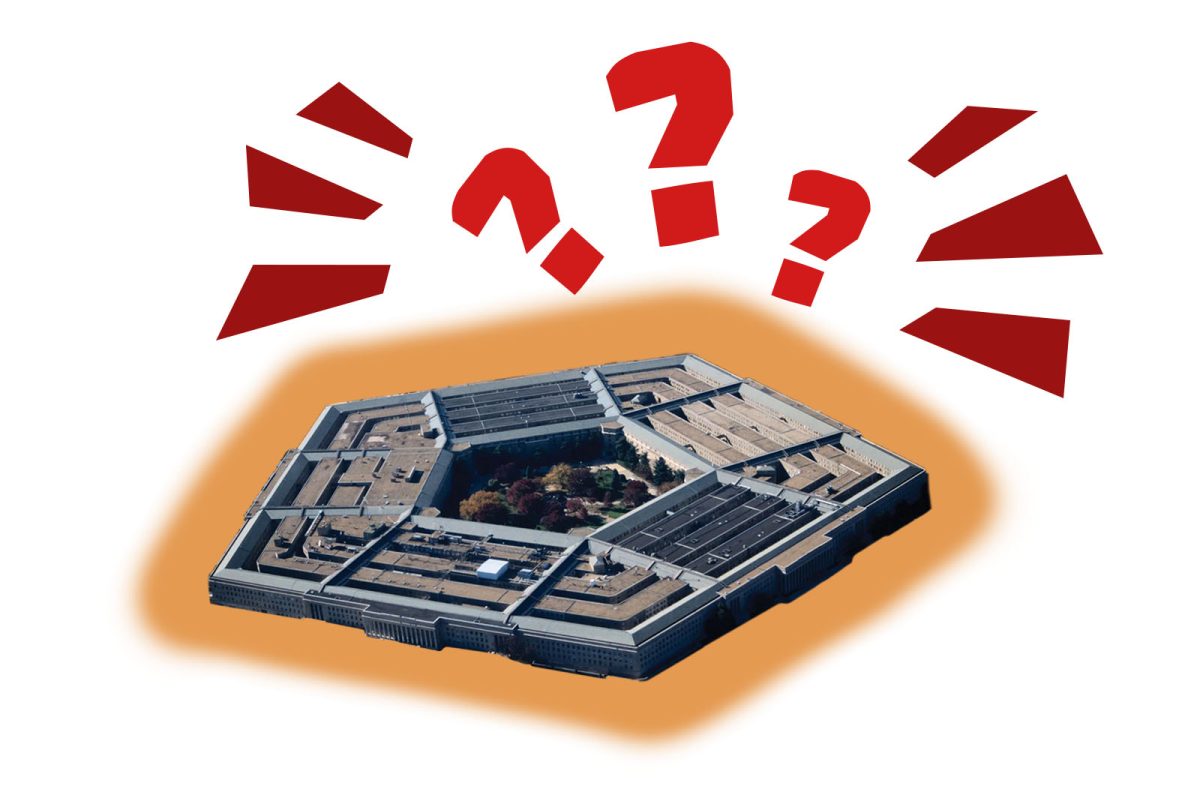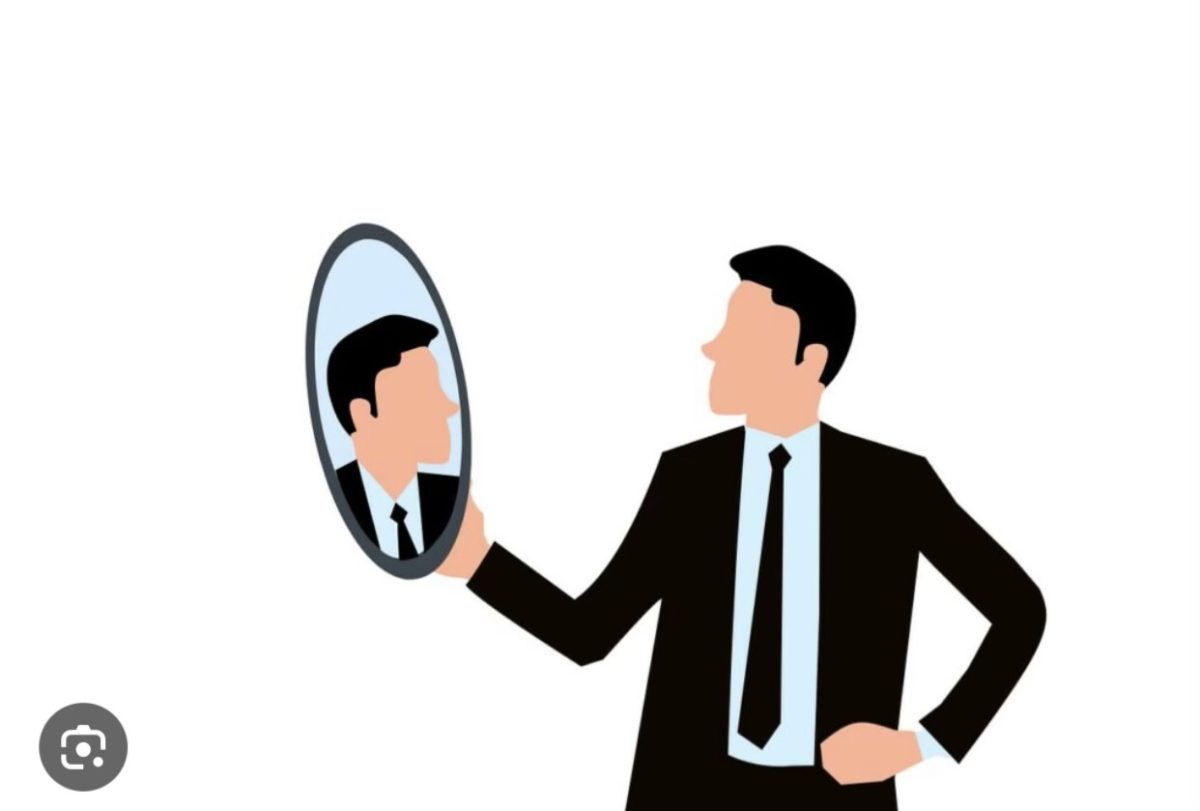I don’t know where I am. I’m not sure what I’m doing in life, in relationships, in school, in America or in the world. And I don’t think I’m the only one: I think that our generation is not merely a fan of “Lost,” we are lost.
Soon I will graduate, presumably into a world filled with wonder and opportunity. Ultimately, though, I can’t help but feel a vacuum of aimlessness; I have interests, but I’m distracted, disconnected from any common thread. My life is a staccato collection of vignettes, blow-by-blow events, years and experiences that fire in quick succession with no real stream connecting them all together.
I think this is a trademark of our generation. We lack a common mythos. We have trouble feeling connected to the world and fail to have any conception of where our lives are going because our culture doesn’t tell us coherent stories about how to live or what it means to be human.
In “The Power of Myth,” Joseph Campbell describes how traditional myths and stories gave people direction. In reading and hearing them, the people could connect the themes in their lives and the experiences they were having to the archetypical themes that appeared in their mythology, and this taught them how to handle something as big as coming of age. Their myths were cultural truths that were told in symbols, stories and actions.
And when one takes a step back, when one looks at all the stories all the various people tell, it is easy to see how the arch of a person’s life is remarkably similar across cultures. We are all human, all go through birth, maturity, death, coming together and falling apart. Campbell writes, “It’s as though the same play were taken from one place to another, and at each place the local players put on local costumes and enact the same old play.”
But we young Americans have few common stories that transcend our own experiences that we can look to for guidance. YouTube lets us spend our free time browsing for five-minute clips of life, with nothing binding them together. And the longer images that we do see in our media are meant to entertain—television shows aren’t allegorical, but amusing; songs are good solely based on their rhythm and melody, and are not required to be lyrically meaningful; many of the books we read are pure pulp, light filler for waiting rooms and airports.
Without transcendental narratives, it is hard to make sense of all the information we receive about the world. Without them, we are left only to guess.
I don’t know what the solution is, but I think it involves reading more and breaking ourselves from our distractions. I think it involves taking the time to understand myths that resonate with us, so that we can learn how to be better, more responsible and incorporated human beings.










